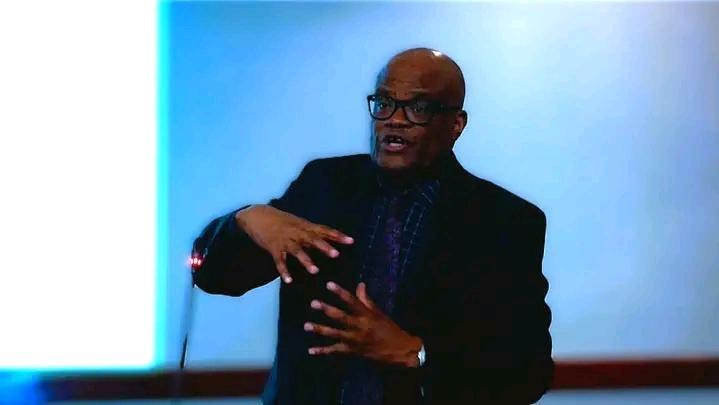Africa-Press – Zambia. Former Africa Development Bank (ADB) Vice President Professor Steve Kayizzi-Mugerwa has urged Zambia to take advantage of rare minerals, including those used in electric motor vehicles, to advance its economy.
The Professor said the discovery of rare minerals shared between Zambia and the Democratic Republic of Congo is a landmark for economic turnaround.
He made these remarks in Lusaka when he delivered a keynote address titled ‘Africa Looking Ahead: National Visions, Binding Constraints and Structural Transformation – Essay in Honour of Professor Manenga Ndulo.
This was during the Manenga Ndulo Conference on Economic Development, hosted by the Southern African Institute for Policy and Research under the theme Honouring a Laureate of African Economics, Professor Manenga Ndulo.
The event was supported by the Government of Ireland through its International Development Programme.
Professor Manenga Ndulo is regarded as one of Africa’s most respected economists and public intellectuals.
He has mentored generations of scholars and policymakers in Zambia, shaping the country’s economic thought and regional development practices.
The two-day conference celebrated his enduring legacy in economics, policy reform, and academic excellence, bringing together leading voices to honour his contributions and chart the future of African economic development.
Meanwhile, Professor Mugerwa emphasised the importance of national visions for development, noting that good aspirations and language alone will not create impact unless implemented effectively on the ground.
He stressed that African countries have agency and their success depends on internal impetus rather than external forces.
Professor Mugerwa shared experiences on the need for agricultural recovery, diversification, and infrastructure development to strengthen economic foundations.
He discussed challenges such as infrastructure deficits, corruption, financial management issues, and technical skill shortages in Africa.
Professor Mugerwa pointed to the significance of a government role in enabling private sector growth, which is critical for structural transformation and job creation in Africa.
He also addressed climate change implications, the need for better financial planning for infrastructure maintenance, and the importance of higher education in fostering innovation and economic progress.
On structural transformation, Professor Mugerwa observed that Africa’s manufacturing sector’s share of value added has not significantly changed in decades, with services growing in importance but insufficient to fully drive economic transformation.
He highlighted the vast financial needs for Africa’s development — estimated at around one trillion US dollars annually — and the limited domestic financial contribution, pointing to the need for substantial investment and innovative financing mechanisms.
The conference further explored issues relating to Africa’s industrial policy, regional integration, urban-rural disparities in housing, and the role of higher education and private sector participation in sustaining economic development.
Professor Mugerwa underscored the complexity of Africa’s development challenge but also the opportunities afforded by its youthful population, natural resources, and emerging value chains.
He further honoured the legacy of Professor Manenga Ndulo and looked towards pragmatic steps to secure Africa’s economic future amid global shifts and challenges.
Professor Mugerwa included a call to action for research, innovation, governance reform, investment in skills, and regional cooperation to unlock the continent’s potential and structural transformation.
For More News And Analysis About Zambia Follow Africa-Press







